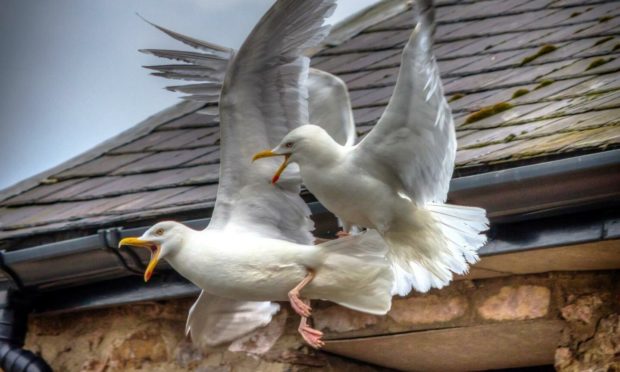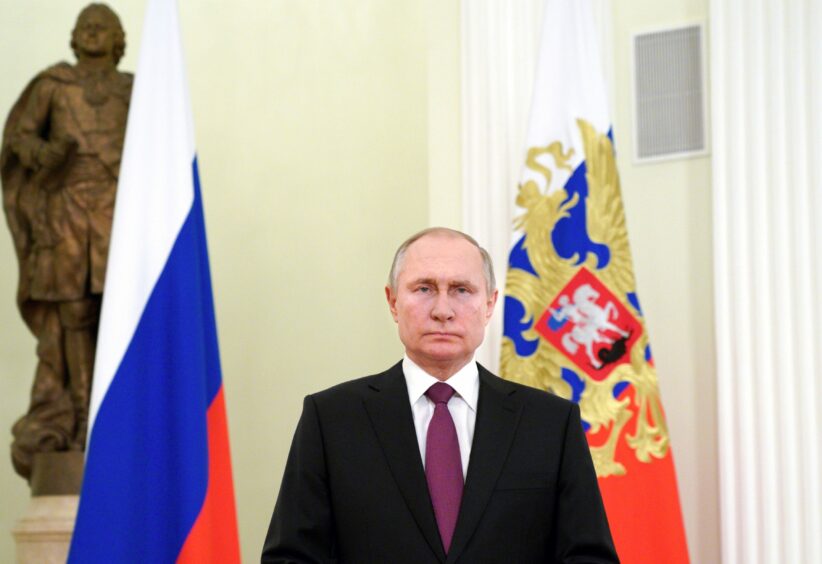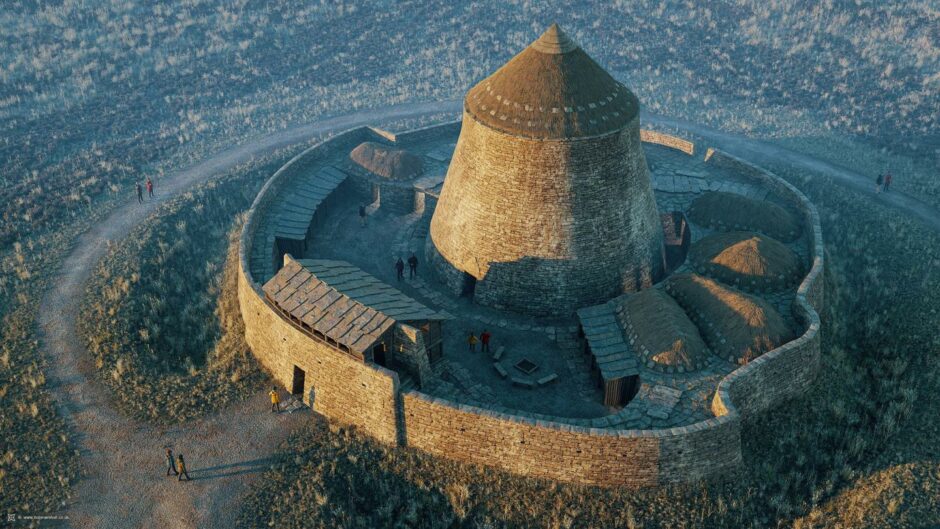You can’t beat a corny cliché, although good journalists should endeavour to avoid them like the plague. Ah, there you go, yet another one.
They’re everywhere. Most folk use them regularly and unthinkingly which is why, of course, they become clichés in the first place. I’ll not bother you with erudite grammatical definitions of the word but rely instead on one from writer, broadcaster and, unquestionably, the greatest General Melchett every to appear on TV, Stephen Fry.
“It is a cliché that most clichés are true, but then like most clichés, that cliché is untrue,” he said. Simple. Classic clichés in everyday use include “what goes around comes around,” or “the writing’s on the wall,” or “the calm before the storm” and “only time will tell”.
Each of these could be applied to this past week, or perhaps next week. I’m away from Fyne Place very briefly so writing this while hostile forces ramp-up a deadly game of political poker which, by the time you read this, might result in very unpleasant outcomes with a real risk of brutality and bloodshed.
But enough of the goings on in Downing Street, it’s the Ukraine crisis that the world has most to fear. Whenever the global superpowers face each other where east meets west, the outcome is rarely, to use another cliché, that “they all lived happily ever after”.
Pointing to a potential Putin-led punch-up, a No.10 spokesperson said that: “Allies must enact swift retributive responses including an unprecedented package of sanctions”. Big words, verging on the clichéd, but it’s reassuring to know there’s at least one spokesperson still working and not either enjoying a “business meeting”, aka party, or visiting the Jobcentre clutching a champagne-stained P45.
I wonder if Downing Street’s eyes are turning covetously to current developments in Caithness. Plans are under way there to build to a replica Iron Age broch, the first to be constructed for 2,000 years.
These substantial, tall, thick-walled towers are thought to have been built not only as defences but also as showpieces to ward off potentially unwelcome visitors, such as ferocious outlaws or, even worse, the in-laws. Broch ruins that survive at Mousa, on Shetland, or at Dun Telve, at Glenelg, are mightily impressive so any replica would be a major tourist attraction for Caithness, which once had more brochs than anywhere else.
It might also be just what allies of beleaguered Boris are looking for – somewhere they can hide, turn into a fortress, repel all boarders, run their business away from the public’s prying eyes and booze the night away if they so wish without upsetting the neighbours. Boris Brochs could become a political party priority across the country.
Of course, by the time you’re reading this, he could either be obstinately digging-in for a Ukraine-style stand-off or fleeing the bombardment with his (cliché warning) tail between his legs. As former PM Harold Wilson is reputed to have said (warning, cliché approaching), “a week is a long time in politics”.
Still, this weekend sees keen bird watchers and casual observers of all ages take part in the excellent annual RSPB Big Garden Birdwatch.
With participants spending one hour counting the birds visiting gardens or parks, it provides an invaluable snapshot of the health, or otherwise, of the bird population across the country.
The results for Fraserburgh and Peterhead are probably “gull, gull, another gull, oh, and yes, I think that’s a gull, too,” such is the growing menace caused by these once sea-based but now increasingly urban-dwelling squawking bombers who can hit their targets with the unerring accuracy of a stealth drone or cruise missile.
Birds spotted over the Downing Street garden might be somewhat more unusual, though. One doesn’t often see so many wakes of vultures circling over Westminster, hungrily seeking their prey.
The principle of the bombastic Boris Broch has had its day, I hope. For years, we’ve been governed by a mantra advocated by bird-brained General Melchett: “If nothing else works, a total pig-headed unwillingness to look facts in the face will see us through”.
Root and branch change is long overdue and essential and, dare I say it (beware, final cliché warning), it’s better late than never.





